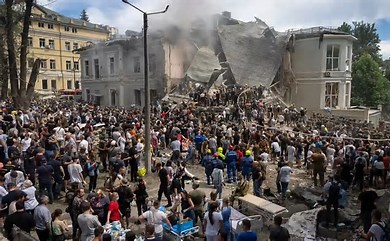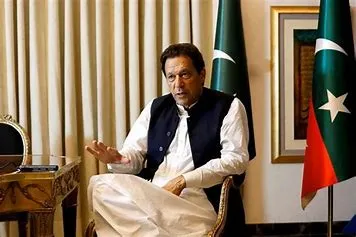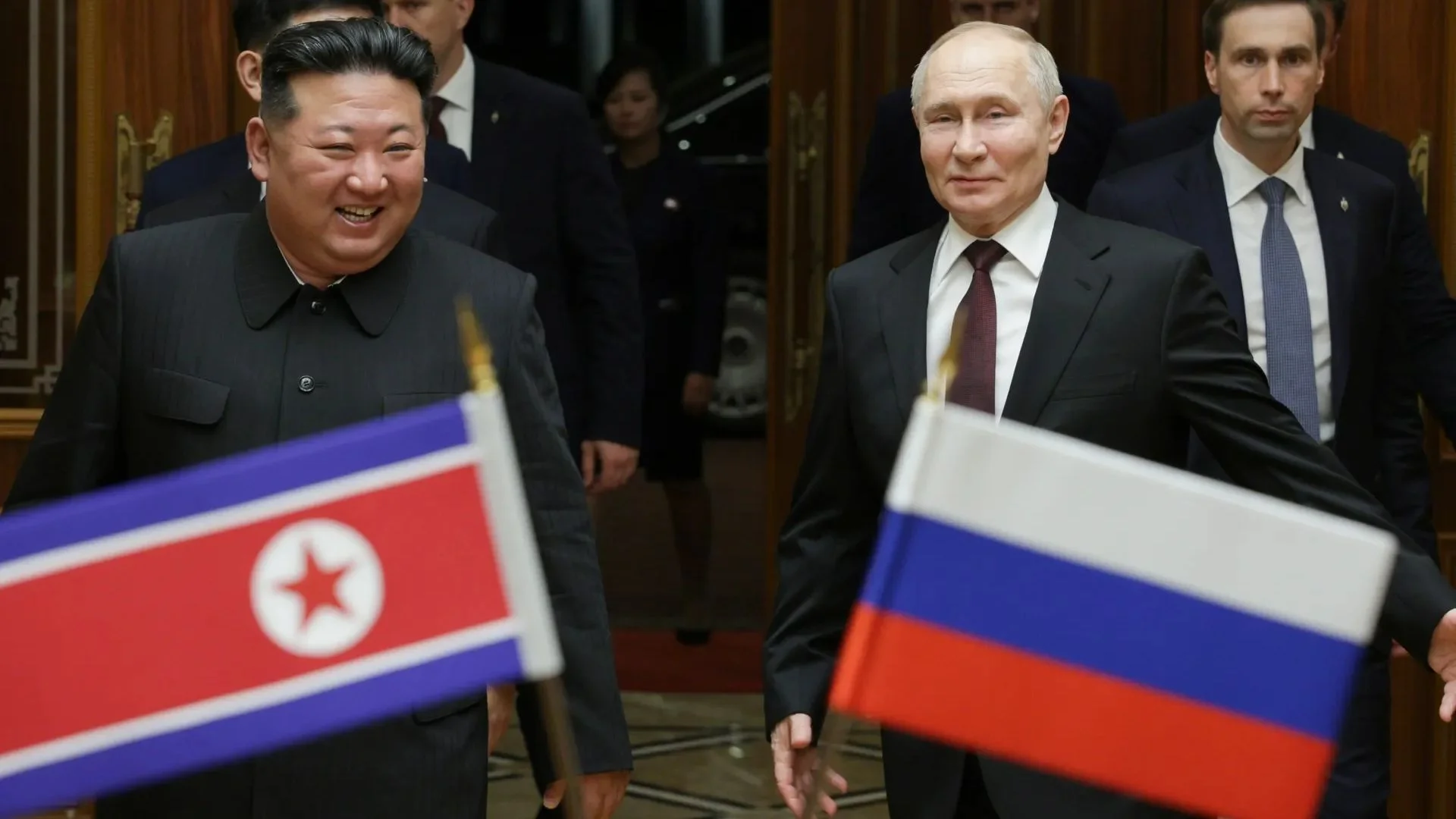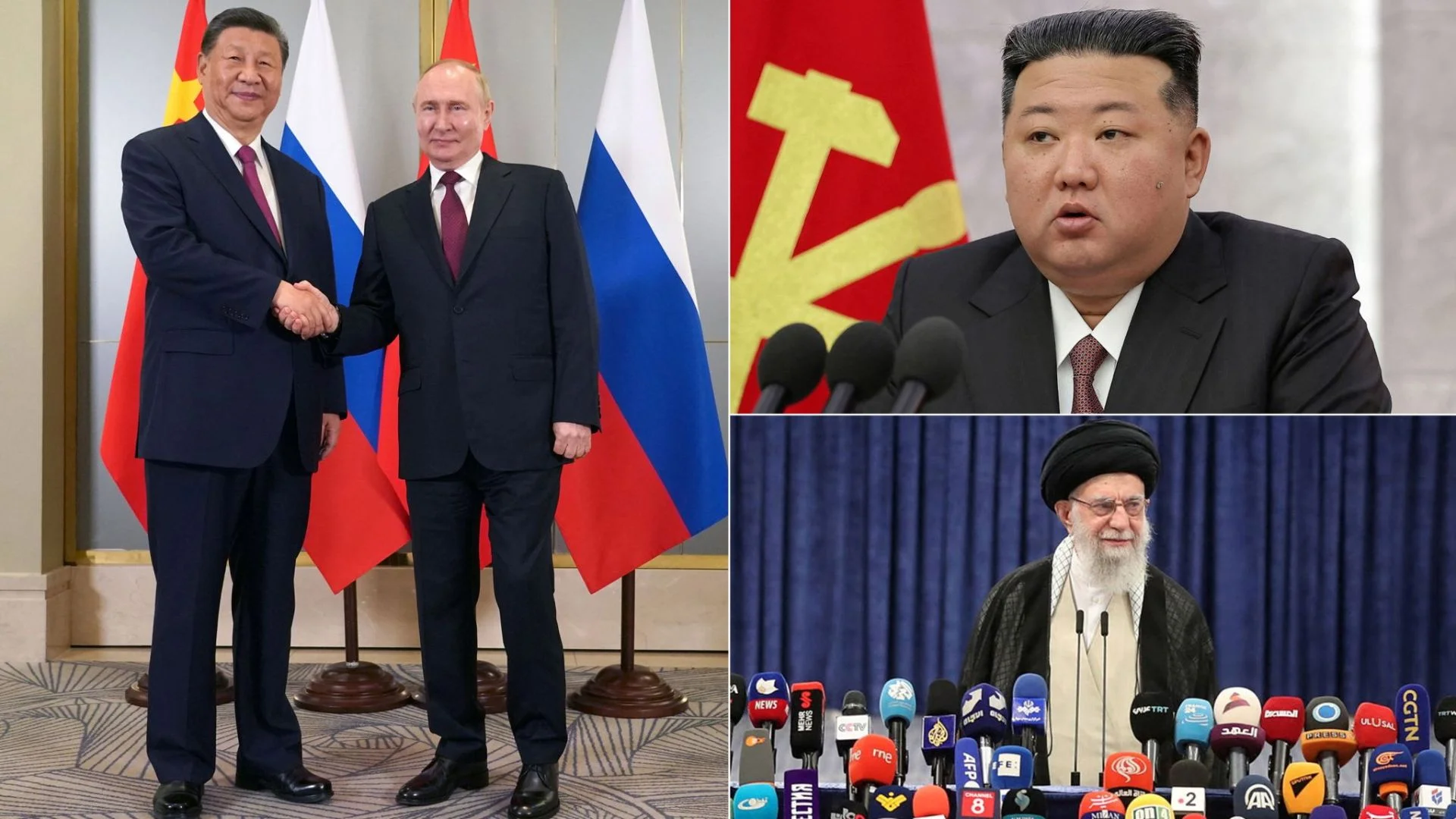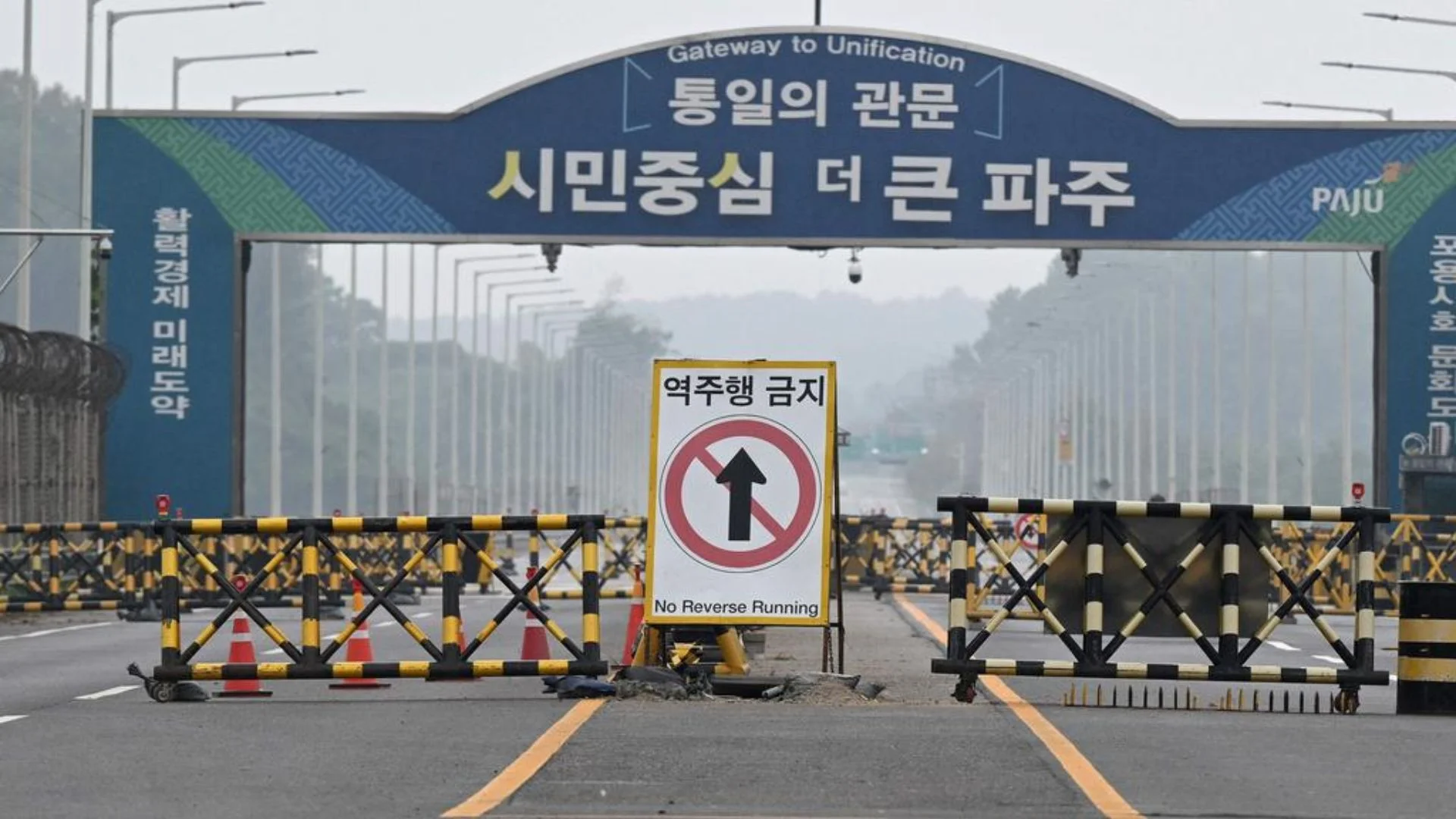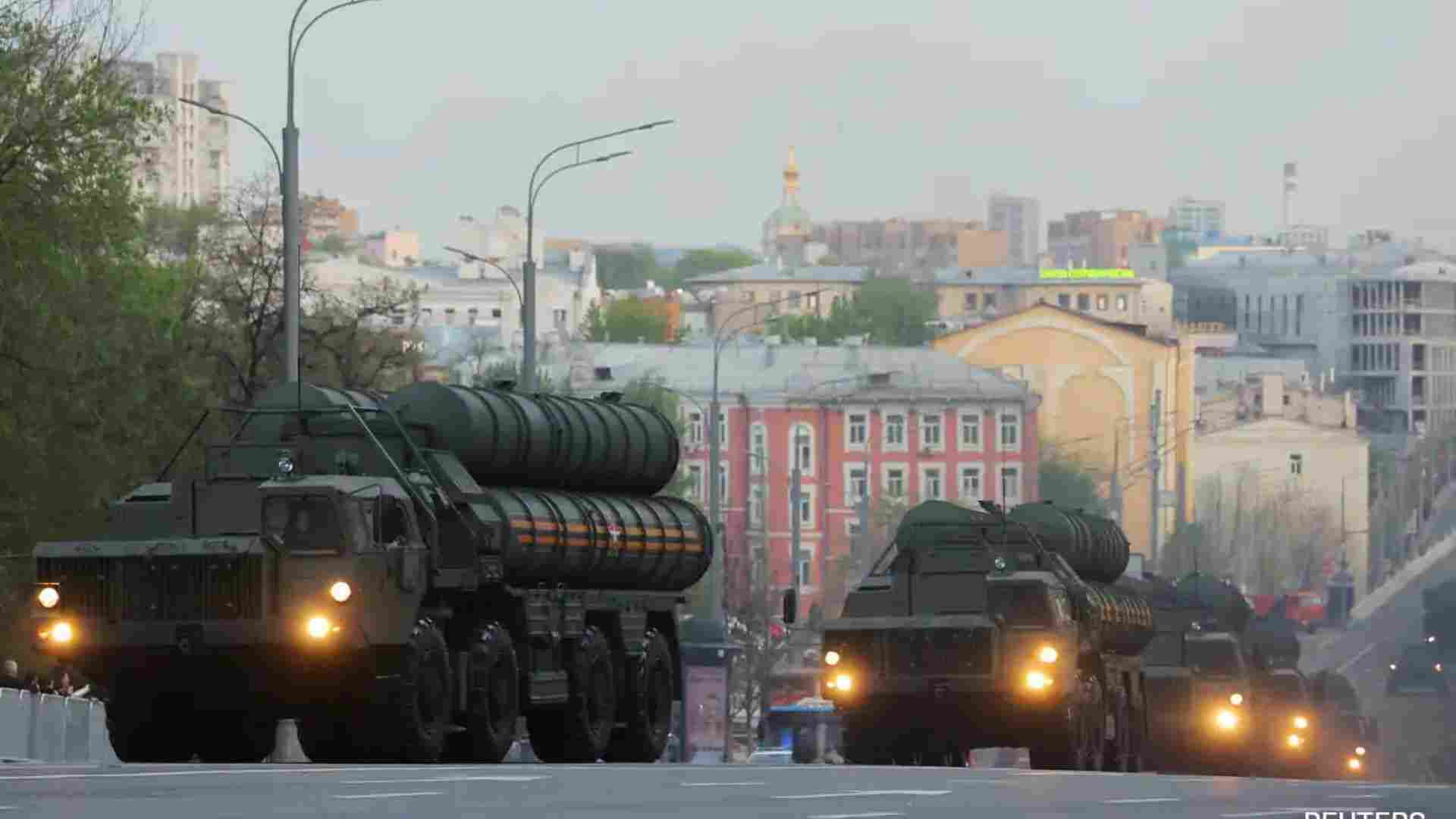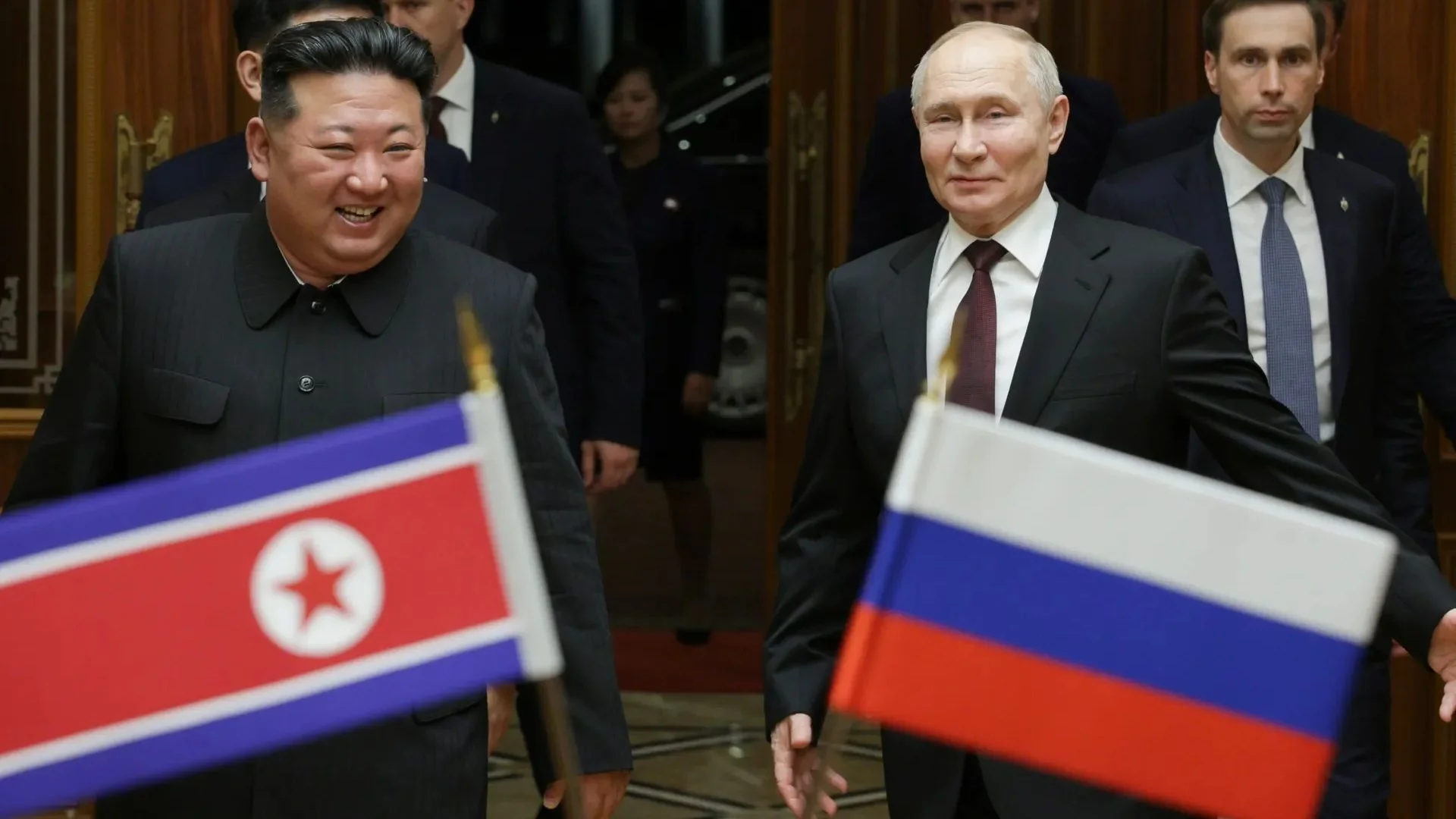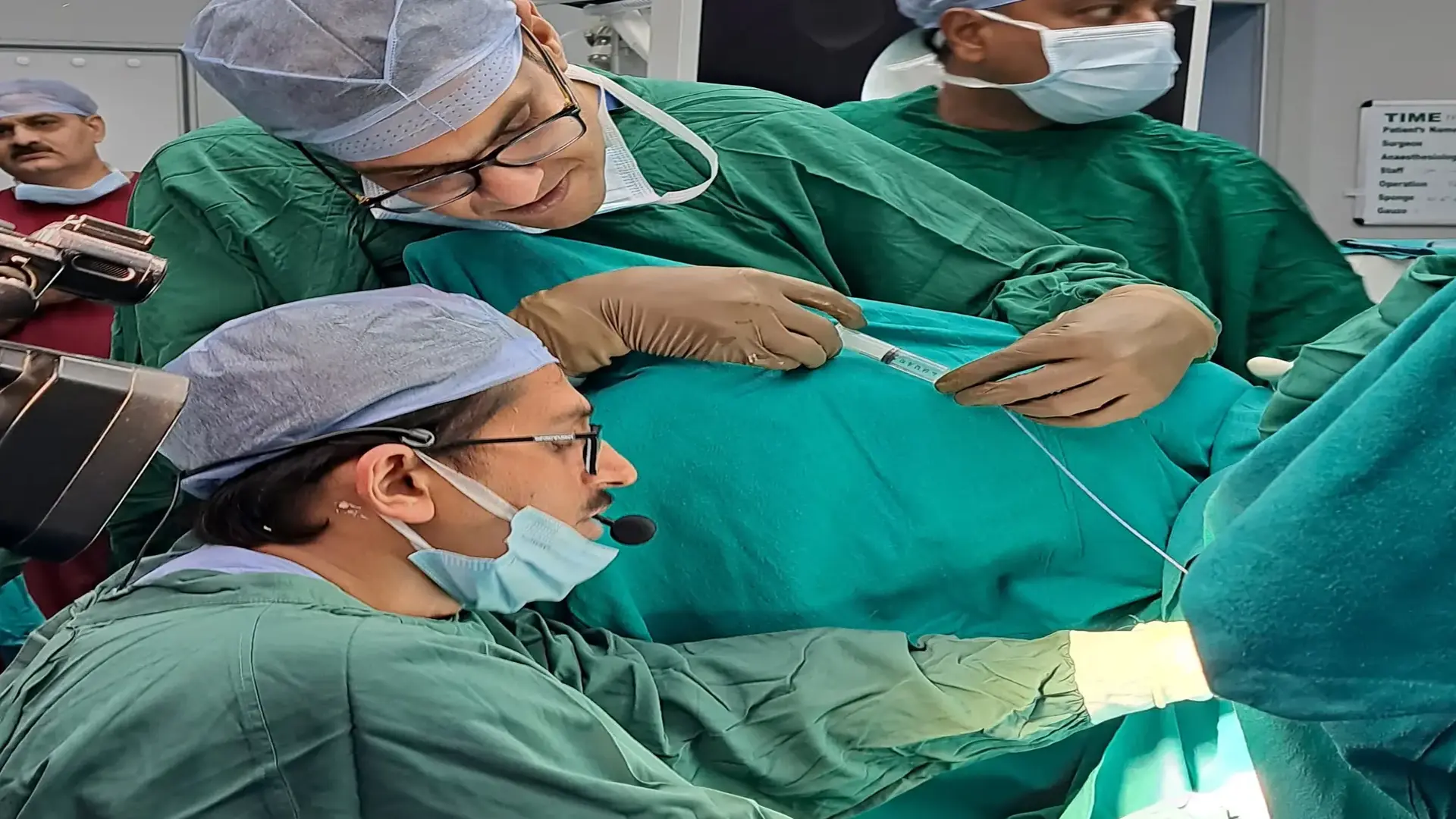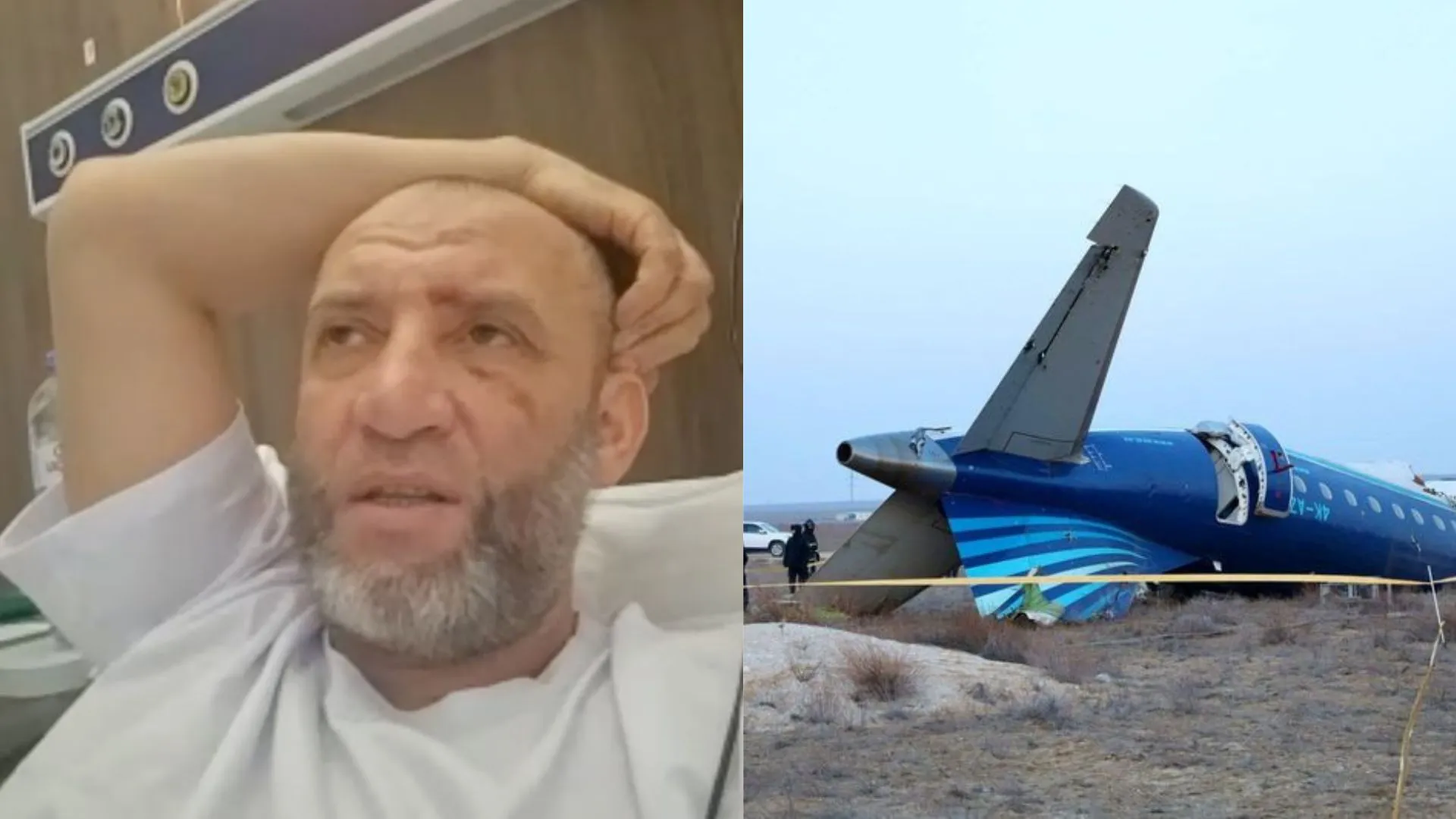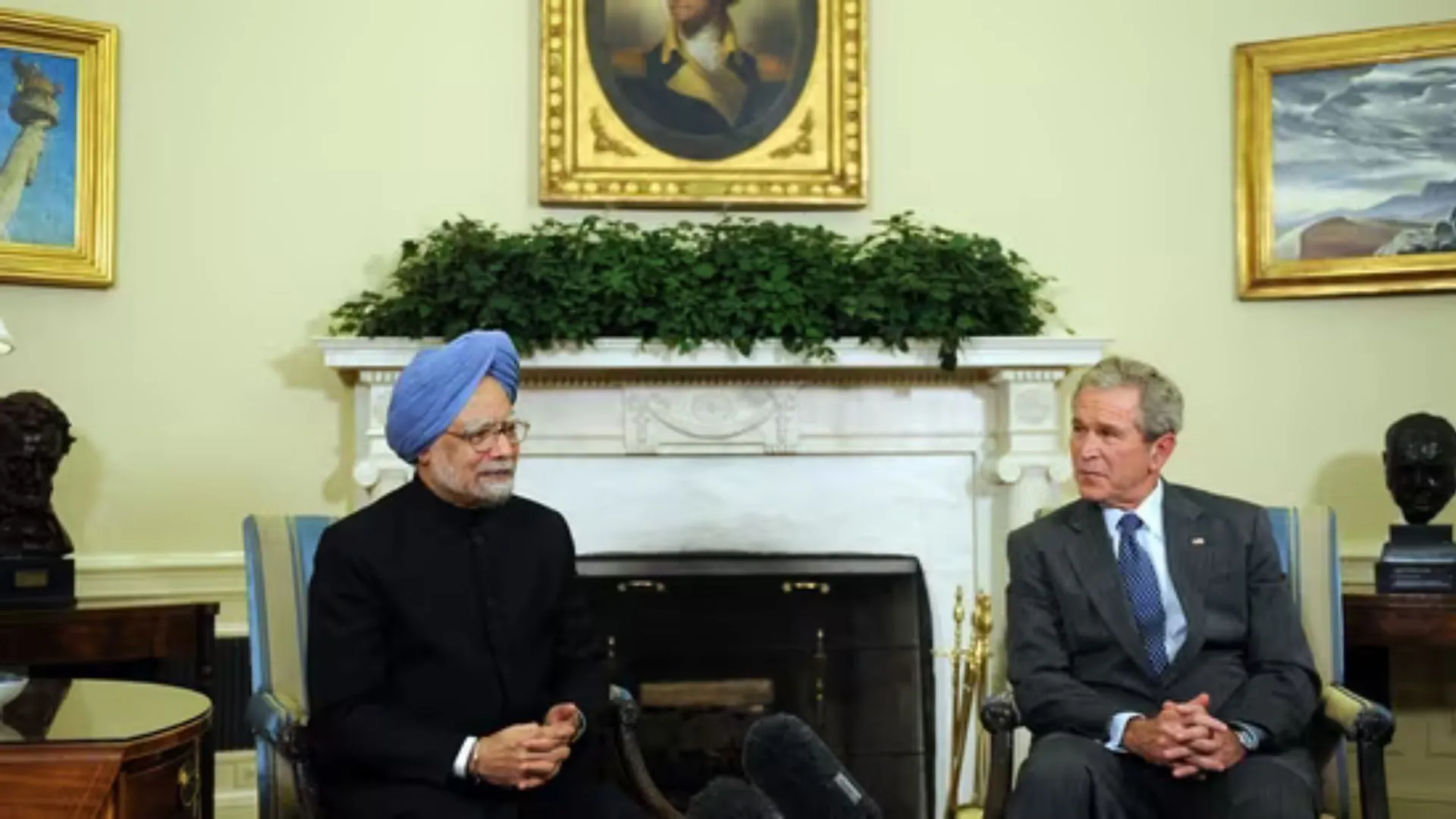In a devastating attack on September 3, 2024, two Russian ballistic missiles struck the Poltava Military Institute of Communication and a nearby hospital in Ukraine. The assault resulted in the deaths of over 50 individuals and left more than 200 others injured, making it one of the deadliest Russian strikes since the conflict began.
Devastation at the Military Academy
The missiles targeted the main building of the Poltava Military Institute, causing multiple stories to collapse and leaving a scene of destruction. Ukrainian President Volodymyr Zelenskyy, in a video posted on his Telegram channel, condemned the strike and ordered an immediate investigation into the attack.
“People found themselves under the rubble. Many were saved,” Zelenskyy said, highlighting the efforts to rescue those trapped by the debris. The institute, a key training facility for military communications and drone operations, suffered severe damage, with shattered bricks and pools of blood visible at the scene.
Casualties and Damage
As of Tuesday evening, the general prosecutor’s office reported 51 deaths and 219 injuries. Filip Pronin, the governor of the Poltava region, announced that up to 18 people might be buried under the rubble. The attack also damaged ten apartment buildings, prompting a call for three days of mourning in the region.
Rescue teams, including over 150 blood donors, have been working tirelessly to assist the victims and manage the aftermath of the attack. Pronin described the event as “a great tragedy” and emphasized the need for accountability.
International and Political Reactions
The Kremlin has yet to comment on the strike. The Ukrainian Defense Ministry condemned the attack as “barbaric,” noting that it occurred shortly after an air-raid alert, when many were seeking shelter. Zelenskyy has reiterated his appeal for faster and more comprehensive military aid from Ukraine’s Western allies, emphasizing the need for air defense systems and long-range missiles to protect against further aggression.
The attack coincided with Russian President Vladimir Putin’s visit to Mongolia, where there were no indications of action regarding an international warrant for his arrest on war crimes charges.

